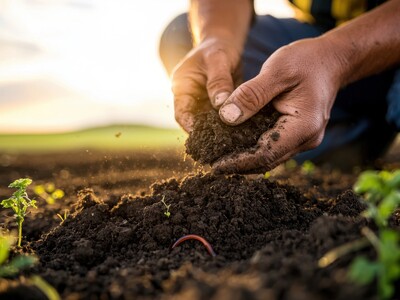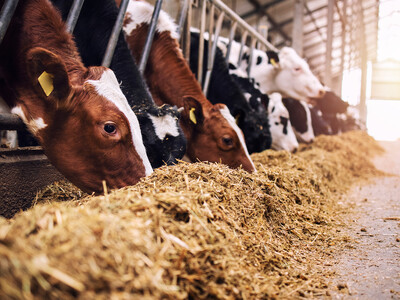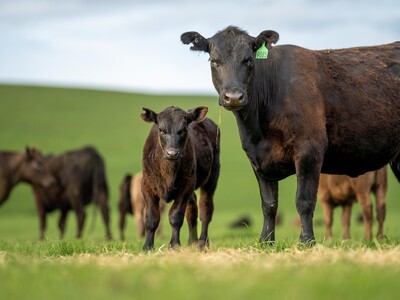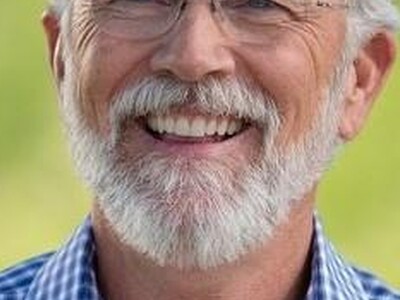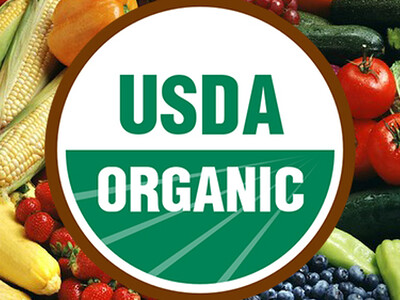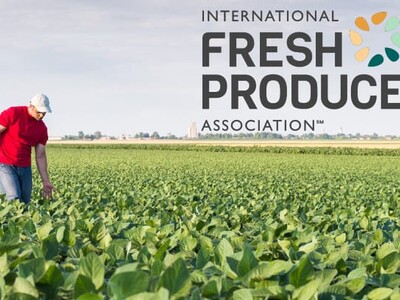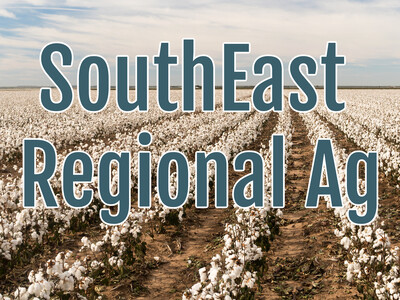Taking Solar Beyond Traditional
Taking Solar Beyond Traditional. I’m Greg Martin as Line On Agriculture presents the Harvest Clean Energy Report.
I find solar technology fascinating. There is a little solar gizmo on my desk. I say gizmo since it really does nothing but there are no batteries or wires and it just runs. Take that same idea and you can conceive many things beyond the traditional ideas of just generating electricity. Vicky Lynne, an engineer with the
LYNNE: At least in the west a lot of farmers and ranchers have livestock that they are pasturing in remote areas that are far away from power lines and there may not be a stream available or a pond or another surface water source or they’re trying to keep their cattle away from a stream so by installing a solar powered livestock watering system, they could perhaps use a well or they could pump water from a stream.
This is an off-grid system using only solar power to generate the needed electricity to run a water pump. Lynne says there are a number of things to consider.
LYNNE: You need to figure out how much water you need for your livestock. For example a cow/calf pair in the summertime typically consumes 20-30 gallons of water a day so you need to decide if your water source can provide enough water for your livestock.
From there it’s a question of equipment.
LYNNE: Then you need to figure out are you going to use a surface pump or a submersible pump and it has to be sized to be able to provide the amount of water you need and take into account the pressure. If you are pumping out of a deep well that’s a different type of pump you will need than if you are pumping out of a pond or a stream.
There are many other factors that come into play and NCAT works to help you find the right system for your needs.
LYNNE: We provide technical assistance to people who are interested in finding out more about this. We will help them figure out how to solve their particular issues. For example we might provide them with a list of vendors in their state; we might answer a particular technical question for them. People calling us up have a wide variety of questions and they come from a wide variety of experiences.
Start with a visit to their website at www.ncat.org.
For additional information on clean energy, visit harvestcleanenergy.org. That’s today’s Line On Agriculture. I’m Greg Martin on the Northwest Ag Information Network.
www.harvestcleanenergy.org
www.ncat.org




